We believe that Christ has instituted
two sacraments in the church:
Baptism and
the Lord’s Supper
Both sacraments are vital means of grace for us as a church family and we believe that they function as both signs and seals of God’s covenant of grace.
As signs, they show us pictures in which we are able to understand spiritual truths. Baptism is a sign for our cleansing from sin and burial with Christ. The Lord’s Supper is a sign of our Lord’s sacrifice for us and our ongoing participation in the salvation he accomplished in his death for sinners. It reminds us that he himself sustains us and by his Spirit strengthens us for a life of obedient service and mission here on earth.
As seals, we believe that the Holy Spirit truly makes them effective means of grace when they are rightly received. They are not “mere” signs! The sacraments are used by God to truly administer his grace to us.

Baptism
We administer baptism to both believers and to their children. While we respectfully recognize that many Christians do not believe that baptism is rightly administered to children, and we have a number of active members here at Church in the Canyon who are of that persuasion, we as a church are committed to the understanding that in both the Old and New Testaments, the sacraments symbolizing entrance into the visible covenant community are to be administered to the children of believers: circumcision in the Old Testament and baptism in the New Testament.

The Lord’s Supper
Just as Baptism is for the covenant community, we believe that the Lord’s Supper is for believers as well. All baptized Christians who are members of any gospel believing church, who are not hiding a sin in their life that they will not repent of, and who desire to life a life in fellowship and in obedience to Christ are welcomed and encouraged to participate in the Lord’s Supper here at Church in the Canyon. If any of those things are not true of where you are at this point in your spiritual journey, we encourage folks to abstain, and instead speak with the pastor or an elder after the service in order to address any issues or concerns they may have.

